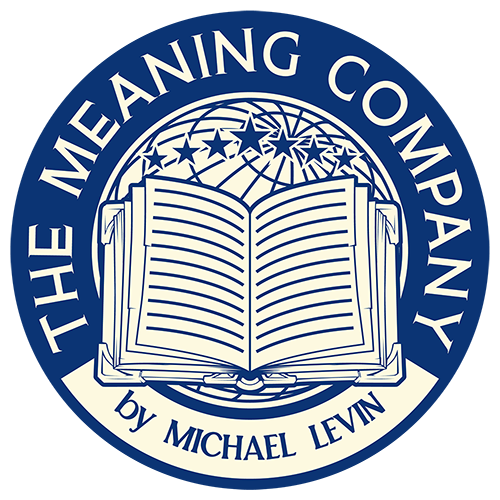AI Vs. Human Ghostwriters: Which One Will Make Your Book Stand Out?
AI cannot provide the same level of uniqueness and distinction in a book as an experienced human ghostwriter, and therefore, if you want a book that reflects your unique voice and ideas, it’s best to use a human ghostwriter.
Tens of millions of dollars are cascading into startups to enable first-time authors to create books with artificial intelligence. The question is whether you should think about having AI write your book. I say no unless how you appear in public doesn’t matter much to you. If you wouldn’t wear torn jeans to a board meeting, you probably don’t want AI writing your book.
I am not a Luddite, opposed to technology, and wishing fearfully for the “good old days” to return. Instead, I’m a hard-eyed realist who has seen what AI produces. The basic problem with AI is that it, well, sounds like AI. It doesn’t sound like the author.
AI has a homogenized, bland, somewhat dull voice, and definitely not controversial in any way. AI appears to have been programmed not to say or do anything that would create controversy or make waves. Maybe that works if you are putting out a whitepaper. But in a book, you’ve got to sound like yourself.
On top of that, AI cannot do what an experienced human ghostwriter can do, which is to listen for what you are hinting at, almost say, or even hope that you will be asked more questions about a topic you touch on briefly.
Sometimes, when I’m interviewing my clients for chapters of their books, they will bring up a topic and then step back because they are unsure of whether the topic is interesting, important, or worthy of mention in the book. They will quickly move on to something else.
If you fed the transcript into ChatGPT, the barely touched-upon topic would either vanish or be accorded virtually no significance in the draft it produces. In the hands of a human interviewer, that topic becomes vital.
I’ve been responsible for the creation, writing, editing, publishing, or revising of more than a thousand books over 35 years. In many of the categories in which my company specializes—finance, business, health and wellness, body, mind, spirit, consulting, and so on—we’ve either written the key books in the field or we’ve certainly read them. As a result, we know when a client is saying something that has never been said before or is talking about something in a way that is new and unique.
So we humans can then say to the client, “Whoa, hang on! What did you just say? Can you talk more about that?”
Then, the client can provide a huge amount of color on a topic that AI would have ignored. That topic may be the most unique aspect of the book, one that would have been totally overlooked by a machine writer.
If you cover enough such topics in a book, that book will have uniqueness and distinction in the marketplace. It will springboard the author out of the commodity trap that plagues most professionals—the idea that the internet turns almost everyone and everything into a commodity, and commodities are judged primarily by price.
When you share unique ideas in your own voice, which AI cannot do for you just yet if ever, you break free of the commodity trap. You are able to command the premium pricing you deserve for your services based on your training, experience, and knowledge. But no matter how well the AI might write your book for you, you’re back in the commodity trap with no way out if that isn’t reflected in the book.
If anything, you’ve worsened your position because your book reads just like everybody else’s since they are using AI, too.
It’s been said that leaders of organizations need to have books the same way people under them need to have business cards. Today, I would amend that statement slightly. I’d say instead that leaders need to have books ghostwritten or co-written by experienced human ghostwriters.
AI may one day be able to recognize when you are saying something that no one else has said or that you aren’t sure is incredibly important but in fact, is game-changing for the reader.
Until that time, if you want a mediocre book, use AI. If you want something outstanding that will represent you brilliantly in the workplace, get an experienced human being.
